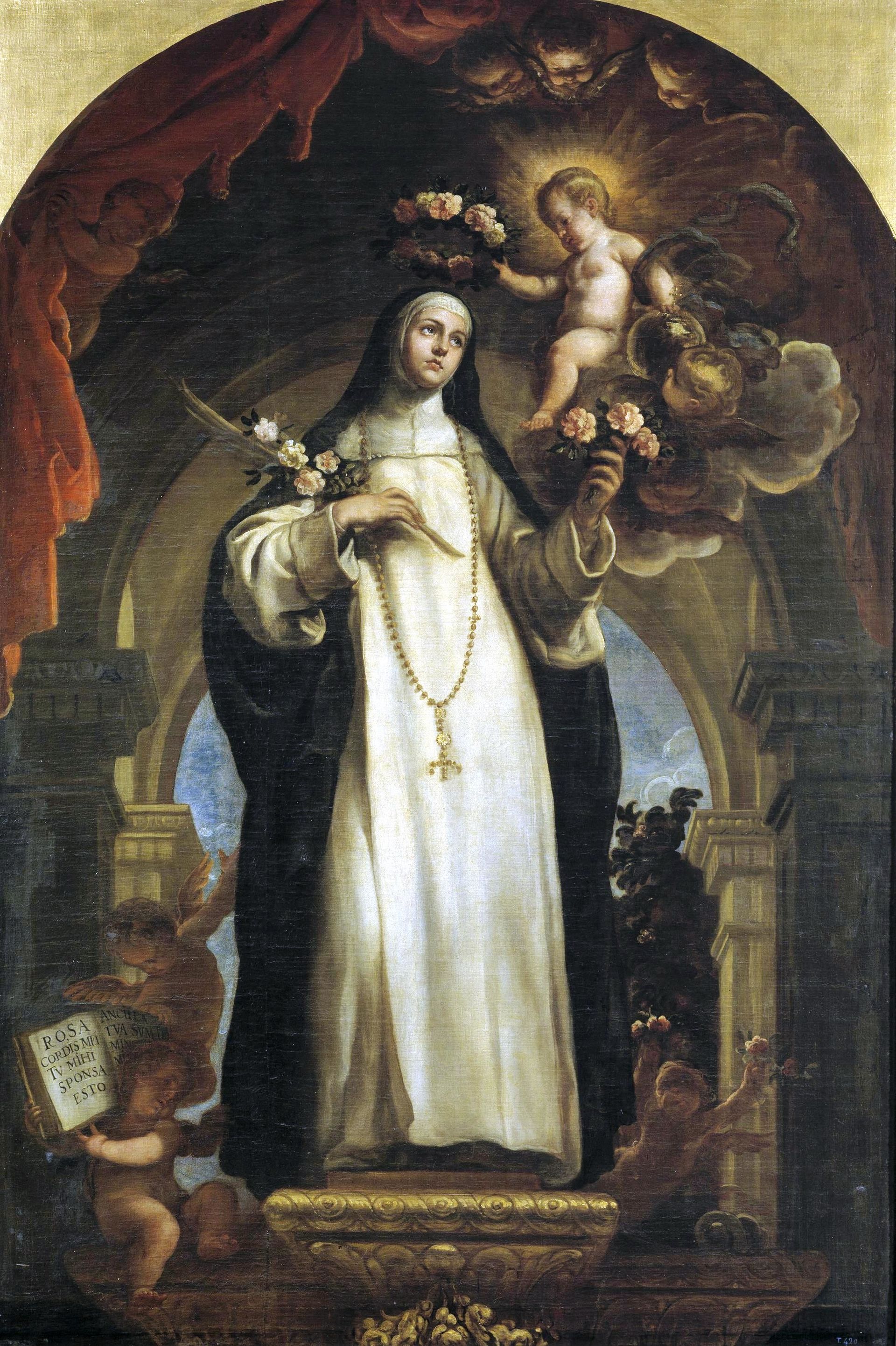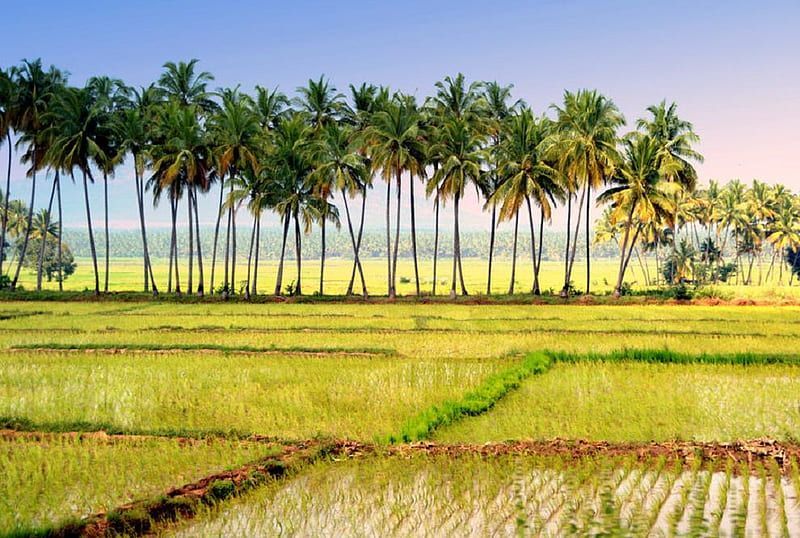Message of Abbot Paul - Wednesday 23rd August 2023
Abbot Paul • August 23, 2023



Although many Catholics might not consider St Rose of Lima to be an important saint, she holds a very special place in my heart and I have a great love for her and devotion to her. As you know, much of my life has revolved around Peru and I lived there very happily for twenty years, only returning to Belmont in December 2000, when I was elected abbot. In Peru her feast is celebrated on 30th August rather than on 23rd and we know that she died in her 32nd year on 24th August 1617. She was baptised Isabel (Elizabeth), but was such a beautiful baby that everyone called her Rosa and that’s the name she’s known by. Imagine if you were canonised by your nickname! Her soul was as beautiful as her face and from an early age she dedicated herself to God, not as a nun, but as a Dominican tertiary, living in an adobe hut in the garden of her family home, just across a narrow street from the house where St Martin de Porres was born. She dedicated her life to prayer and penance, and to charitable acts of extreme generosity and kindness. She was greatly loved and remains so today. I can’t think of a Peruvian home or office where her portrait doesn’t have pride of place. She, like St Martin, are members of every family and invoked daily in prayer, their lives and miracles read and talked about with enthusiasm and genuine affection.
Interestingly, today’s Gospel from Matthew, (Mt 20: 1-16), ends in exactly the same way as yesterday’s. “Thus, the last will be first, and the first, last.” Here it comes at the end of the parable of the labourers in the vineyard, a parable that also takes me back to Peru, for the scene described by Jesus could be seen every day in the Plaza de Armas of Tambogrande, where I spent my first five years in Peru as parish priest. From 4 o’clock in the morning men would come in from the neighbouring villages, and when work was short, from far more distant villages, hoping for a day’s work and wages in order to feed their families. We had no vineyards, of course, but rice fields and lemon or mango groves. Sadly, there were no landowners who returned at the eleventh hour, as in the parable, to see if there were still labourers available, but there were many days when there was no work and about ten or eleven o’clock the men would return disappointed to their homes. It would be a difficult day of the family. Let’s listen to the parable, in my book one of the best.
“The kingdom of heaven is like a landowner going out at daybreak to hire workers for his vineyard. He made an agreement with the workers for one denarius a day, and sent them to his vineyard. Going out at about the third hour he saw others standing idle in the market place and said to them, “You go to my vineyard too and I will give you a fair wage.” So they went. At about the sixth hour and again at about the ninth hour, he went out and did the same. Then at about the eleventh hour he went out and found more men standing round, and he said to them, “Why have you been standing here idle all day?” “Because no one has hired us” they answered. He said to them, “You go into my vineyard too.” In the evening, the owner of the vineyard said to his bailiff, “Call the workers and pay them their wages, starting with the last arrivals and ending with the first.” So those who were hired at about the eleventh hour came forward and received one denarius each. When the first came, they expected to get more, but they too received one denarius each. They took it, but grumbled at the landowner. “The men who came last” they said “have done only one hour, and you have treated them the same as us, though we have done a heavy day’s work in all the heat.” He answered one of them and said, “My friend, I am not being unjust to you; did we not agree on one denarius? Take your earnings and go. I choose to pay the last comer as much as I pay you. Have I no right to do what I like with my own? Why be envious because I am generous?” Thus, the last will be first, and the first, last.”
Jesus uses this moving story to talk of the generosity of God, but it also brings out the meanness and envy that can take possession of men and women due to the Fall of Adam and Eve and the resultant plague of original sin that affects us all. The parable, of course, goes further. It talks about the reaction of the Jewish people, who might feel hard done by as they see gentiles and pagans becoming disciples of Jesus and so entering to form part of the New Israel of God. There are many similar parables. Within the Church, it could be that some of us see God’s forgiveness and gift of grace being unevenly distributed, or it could be the gift of eternal life and entry into the kingdom of heaven. Is it fair, we might ask, that someone who repents of sin on their deathbed should be equal to someone who struggled to be good all their life through? Instead of rejoicing, like the angels, over a repentant sinner, are we perhaps resentful at their forgiveness. There are many ways of interpreting this parable, and all help us to see how we might need to change our attitude to others. May St Rose of Lima pray for us to make the necessary changes.









